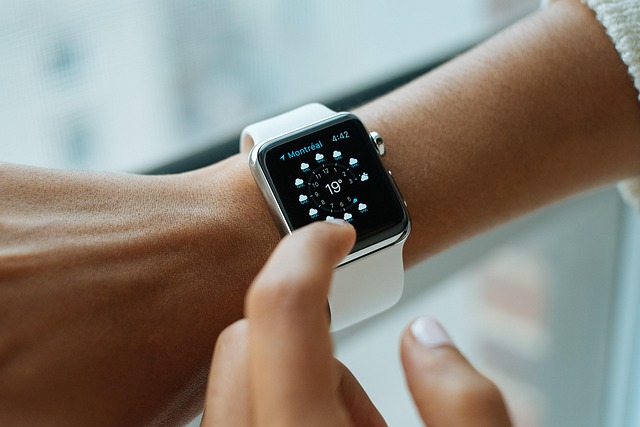Revolutionizing Healthcare with Wearable Technology


The Rise of Wearable Technology
Technology has significantly impacted various aspects of our lives, and the healthcare industry is no exception. In recent years, wearable technology has emerged as a game-changer, revolutionizing how we monitor and manage our health. From fitness trackers to smartwatches, these devices have become an integral part of our daily lives, providing valuable insights into our well-being.

Monitoring Vital Signs
One of the key benefits of wearable technology in healthcare is the ability to monitor vital signs in real-time. Devices such as smartwatches can track heart rate, blood pressure, and even oxygen levels, providing users with valuable information about their overall health. This continuous monitoring can help individuals identify any abnormalities early on and take necessary actions to prevent serious health issues.

Managing Chronic Conditions
For individuals with chronic conditions such as diabetes or hypertension, wearable technology can be a life-saver. These devices can track blood sugar levels, medication adherence, and even provide reminders for doctor appointments. By utilizing wearable technology, individuals can better manage their conditions and improve their overall quality of life.

Remote Patient Monitoring
With the rise of telemedicine, wearable technology has also played a crucial role in remote patient monitoring. Healthcare providers can remotely monitor patients’ vital signs and health metrics, allowing for early intervention and personalized care. This has been especially beneficial for individuals living in rural areas or those with limited access to healthcare facilities.

Improving Fitness and Wellness
In addition to monitoring health metrics, wearable technology has also been instrumental in promoting fitness and wellness. Fitness trackers can monitor exercise routines, calories burned, and even provide personalized workout plans. By encouraging users to stay active and make healthier choices, these devices are helping individuals lead healthier lifestyles.

Challenges and Future Outlook
While wearable technology has revolutionized healthcare in many ways, there are still challenges to overcome. Issues such as data privacy, accuracy of health metrics, and integration with existing healthcare systems remain to be addressed. However, with ongoing advancements in technology and collaboration between healthcare providers and tech companies, the future of wearable technology in healthcare looks promising.

Conclusion
Wearable technology has the potential to transform the way we monitor and manage our health. From monitoring vital signs to managing chronic conditions, these devices are empowering individuals to take control of their well-being. As technology continues to evolve, we can expect to see even more innovative applications of wearable technology in healthcare, ultimately improving the quality of care and outcomes for patients.

